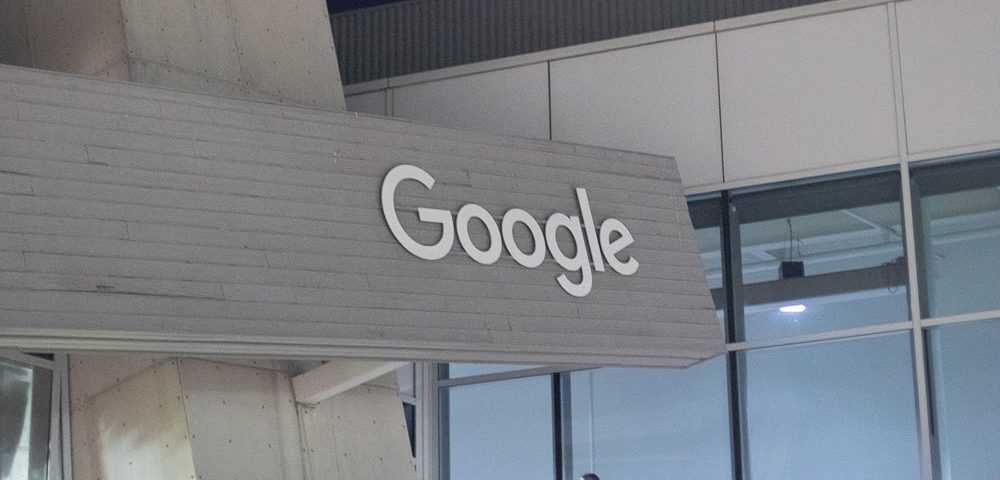How Insurance Companies Use Social Media to Deny Claims

What to Do If Your Disability Insurance Company Requests an IME
August 4, 2025
Understanding “Own Occupation” vs. “Any Occupation” in Disability Policies
August 18, 2025When you file for disability benefits, you expect the insurance company to fairly evaluate your medical evidence and documentation. However, many insurers actively search for reasons to deny valid claims, and social media has become one of their most powerful tools. Posts on Facebook, Instagram, or TikTok can be taken out of context and used against you, potentially resulting in a social media disability denial.
Understanding these tactics can help you protect your claim, so don’t wait to talk to a Philadelphia disability insurance lawyer from Edelstein Martin & Nelson today.
The Rise of Social Media Monitoring in Disability Cases
Insurance companies know that people often share personal updates, travel photos, and activities online. By monitoring your profiles, they look for anything that could contradict your disability claim. This practice, sometimes referred to as insurer surveillance, is not limited to public posts; insurers can also review tagged photos, comments, and interactions from your friends and family.
Even seemingly harmless updates can raise questions. For example, in a Facebook disability case, a single picture of you smiling at a birthday party could be misrepresented as evidence that you are not suffering from chronic pain or mental health limitations.
How Insurers Use Social Media to Deny Claims
Insurance companies are trained to interpret online activity in the most unfavorable way possible for claimants. They may:
- Compare your posts to your medical restrictions: If your doctor says you cannot stand for long periods, but a friend tags you in a hiking photo, the insurer might argue you exaggerated your limitations.
- Question your credibility: Even posts unrelated to your condition can be spun to suggest dishonesty or inconsistency in your claim.
It’s important to remember that context rarely matters to an insurer; they focus on how a post could be used to undermine your case, not the reality behind it.
Examples of Social Media Evidence That Can Hurt Your Claim
Some online activities that could lead to trouble include:
- Travel photos: Even if you needed special accommodations, the insurer may claim you are capable of working if you can vacation.
- Exercise updates: Posts about yoga, cycling, or weightlifting, even if done as part of therapy, can be taken as proof that you are more physically capable than claimed.
- Celebratory events: Pictures at weddings, parties, or concerts may be misrepresented as evidence that you have no functional limitations.
Why Social Media Is Especially Risky in Disability Cases
Unlike personal injury claims, disability benefits often depend heavily on your ability to prove consistent, long-term limitations. This makes you more vulnerable to insurer surveillance. In a disability case, one misinterpreted photo on Facebook can outweigh months of medical documentation in the insurer’s decision-making process.
Many insurers also hire private investigators to combine social media monitoring with in-person surveillance. If your online and offline activities appear inconsistent, they may use that as a basis to deny your benefits.
How to Protect Your Disability Claim from Social Media Risks
The best approach is to be proactive and cautious:
- Limit your posting: Avoid sharing updates about your daily activities, hobbies, or travel.
- Tighten your privacy settings: Restrict who can view your posts, and review your tagged photos regularly.
- Ask friends and family not to tag you: Even indirect posts can end up in the insurer’s hands.
- Think before you post: If a stranger could misinterpret it, don’t share it.
By taking these steps, you reduce the chance of giving the insurer an excuse for a social media disability denial.
Speak with our Legal Team at Edelstein Martin & Nelson
If your disability benefits have been denied, especially due to alleged social media evidence, you need an attorney who understands how insurers operate. A skilled Philadelphia disability insurance lawyer can challenge unfair interpretations of your online activity, gather strong medical documentation, and protect your rights during the appeals process.
Our skilled legal team at Edelstein Martin & Nelson has extensive experience handling disability claims and fighting back against insurance company tactics. Call (215) 731-9900 today for a free consultation and learn how we can help safeguard your benefits and challenge an unfair denial.

